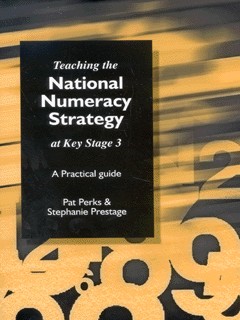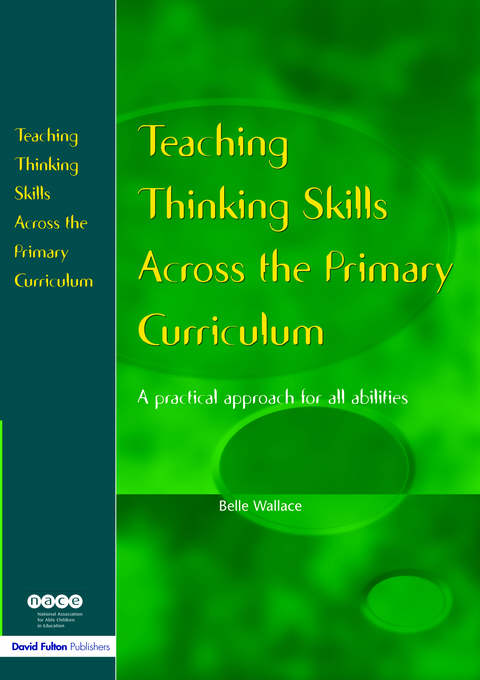Resources
Teaching the KS3/4 Snack Bar Lesson
This Teachers TV video shows science teacher Shugufta Bargir using the programmes Snack Bar and What’s in Your Food? in a Key Stage Three science lesson on junk food, followed by an analysis of the lesson by science education expert Matthew Tosh. The Junk Food Science...

National Numeracy Strategy (NNS) for Key Stage 3 will be introduced into Secondary Schools in September 2001. The NNS document: Framework for Teaching Mathematics in Years 7 to 9, is based on the National Curriculum...
This item is one of over 25,000 physical resources available from the Resources Collection. The Archive Collection covers over 50 years of curriculum development in the STEM subjects. The Contemporary Collection includes the latest publications from UK educational publishers.
This item is one of over 25,000 physical resources available from the Resources Collection. The Archive Collection covers over 50 years of curriculum development in the STEM subjects. The Contemporary Collection includes all the latest publications from UK educational publishers.
Showing how thinking skills can be learned, practised and improved, this book provides ideas for active lessons where collaboration, mediation and reflection are the norm. Cartoons, diagrams and visual prompts support the text.

This book presents a practical and universal framework for the teaching of thinking skills and problem-solving across the primary curriculum, using examples of topics from the National Curriculum, classroom...
Teaching Traditional Research Skills in Science
This Teachers TV video highlights the importance of teaching practical research skills to Key Stage Four science students. A dependence on the internet in some subjects, but particularly science, can take students away from a hands-on approach to learning. Simon Pugh-Jones, of Writhlington School in Somerset,...
Understanding in science helps children to make sense of the world in which they live.
But some things in science can be difficult to grasp. What has happened to the water in puddles? What is the difference between melting and dissolving? Do all empty things float?This book provides a path to understanding...
The resources in this collection give advice and guidance to teachers and managers on how to develop and deliver triple GCSEs. Resources focus on the teaching of biology, chemistry and physics.
This item is one of over 25,000 physical resources available from the Resources Collection. The Archive Collection covers over 50 years of curriculum development in the STEM subjects. The Contemporary Collection includes all the latest publications from UK educational publishers.
